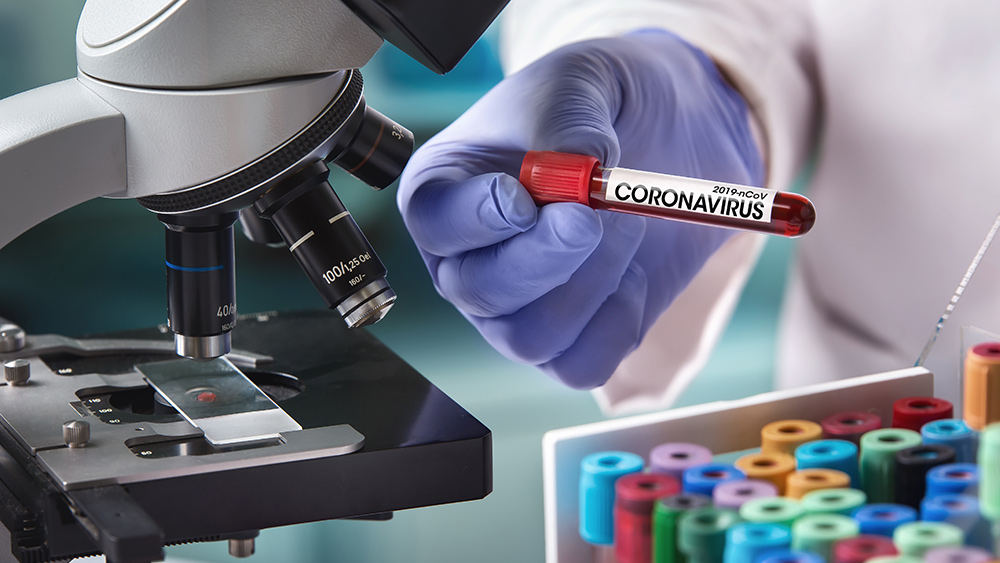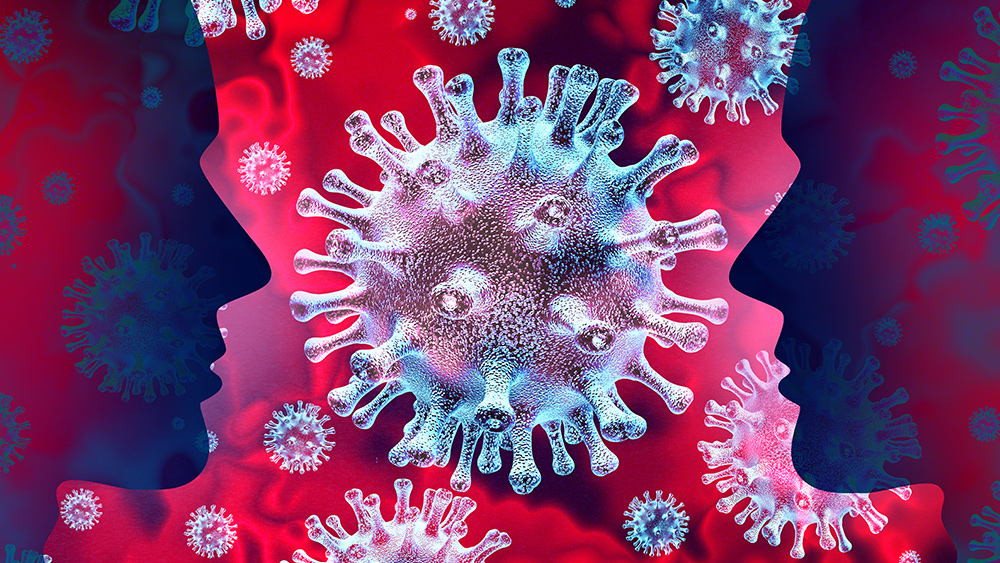Boosting bone health with boron: How does it benefit people with osteoporosis?
01/06/2020 / By Grace Olson

Boron is a mineral naturally present in foods like nuts and dried fruits. Despite its health benefits, not a lot of people know what boron is, much less how it helps the body with wound healing or develops memory among older adults.
In particular, the mineral is beneficial for improving bone health. Adding nuts and vegetables – which are rich in boron – to your diet could help treat or even prevent osteoporosis.
What is boron?
People have used boron for a long time: The earliest known use of the mineral goes back to the Egyptians, who used boron compounds as medicine and in the mummification process. However, it wasn’t until the 8th century that the first use of borax (sodium borate) in medicine was confirmed in Mecca and Medina.
By the 19th century, people used borax and boric acid to preserve meat and dairy. At the turn of the century, however, scientists noted that exposure to large quantities of boric acid could cause adverse reactions in humans – a belief that persisted well into the 1980s, with newer studies indicating that the mineral could potentially be used in arthritis treatment. Since then, studies have shown the benefits of boron as a trace element in humans.
The link between boron and reduced osteoporosis risk
Boron can alleviate, even prevent, diseases like arthritis and osteoporosis – a condition wherein bones become weak and brittle, making it more prone to fractures. Older adults are especially vulnerable to developing osteoporosis. Here’s how it does it:
It helps conserve calcium.
Bones need calcium to make them stronger. When the body produces new bone tissue, tiny crystals of calcium fill in the nooks and crannies of the collagen framework. This ensures that the bones do not easily break. (Related: Caring for your bones: Prevent breaks by exercising and taking in more calcium and vitamin D.)
Boron plays a crucial in the bone-building process, helping the bones retain more calcium and prevent demineralization.
2. It prevents vitamin D deficiency.
You can get vitamin D from your diet or by exposure to sunlight. In particular, vitamin D is essential for healthy bones, thanks to its direct relationship with calcium. Vitamin D helps improve the levels of calcium in the blood, helps the gut to absorb more of the mineral and prevents its loss from the kidneys.
Boron helps improve levels of vitamin D by extending its half-life, the period it takes for a substance to break down into half its starting point.
3. It promotes osteogenesis.
Osteogenesis refers to the formation of the bone. Aside from conserving calcium and vitamin D, boron also helps the mineralization of osteoblasts. These are cells that make bones. To make a bone, it produces a matrix that needs to become mineralized. Boron induces the mineralization process by influencing genes and hormones that contribute to the process, including testosterone and vitamin D.
Boron is a highly beneficial micronutrient. This is especially the case for people suffering from bone-related conditions. Seeds, fruits and green leafy vegetables are rich sources of boron, and they can easily be incorporated into a person’s meals.
Find out more about which foods are rich in this micronutrient and its other benefits at Nutrients.news.
Sources include:
Journals.SagePub.com [PDF]
Tagged Under: arthritis, bone health, Bones, Boron, calcium, Fractures, minerals, natural cures, nutrients, osteoblasts, osteogenesis, osteoporosis, prevention, vitamin D



















